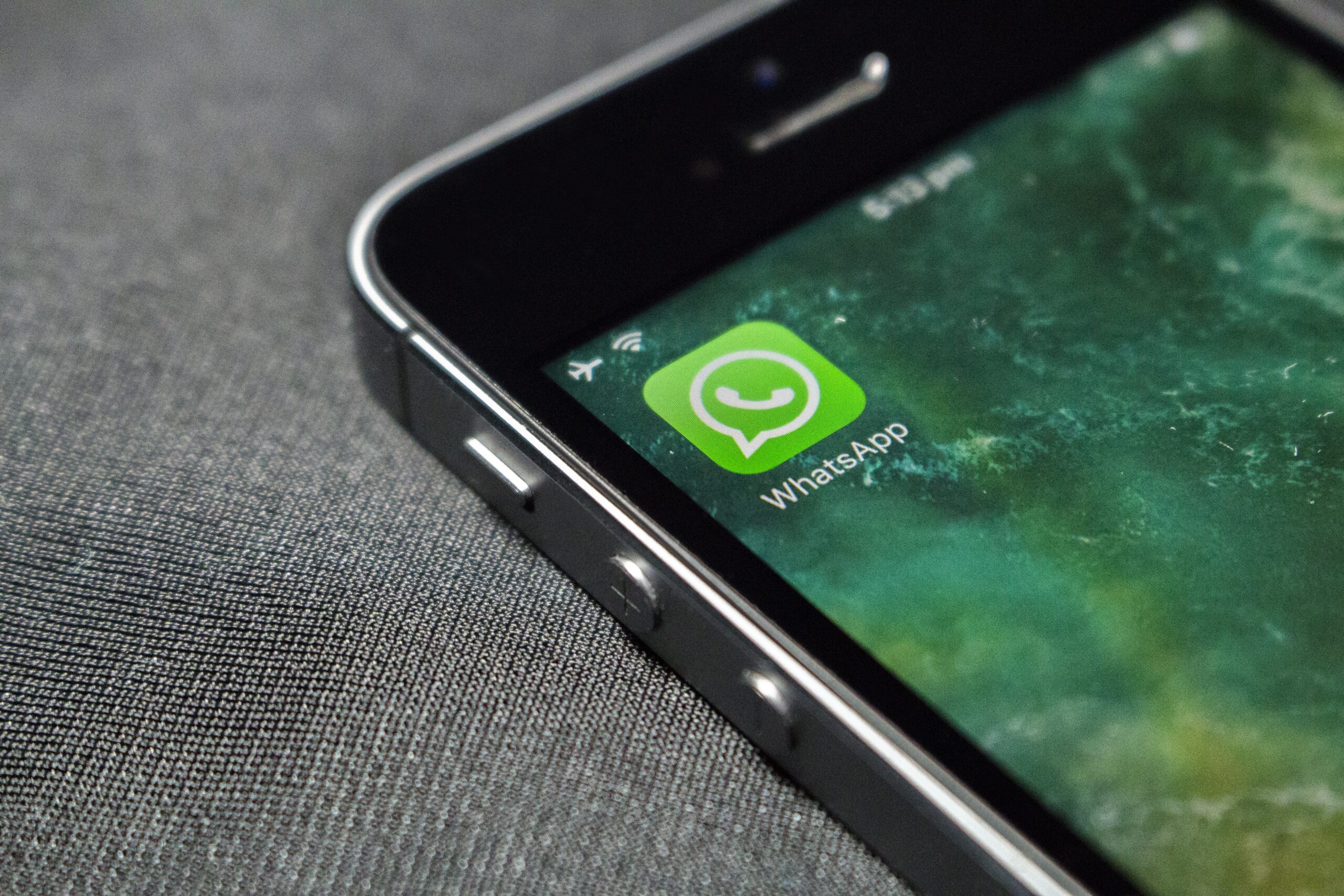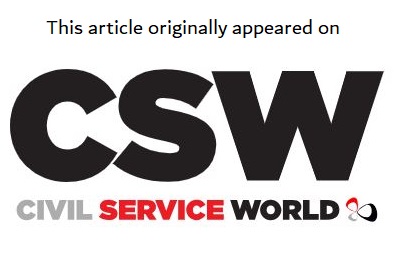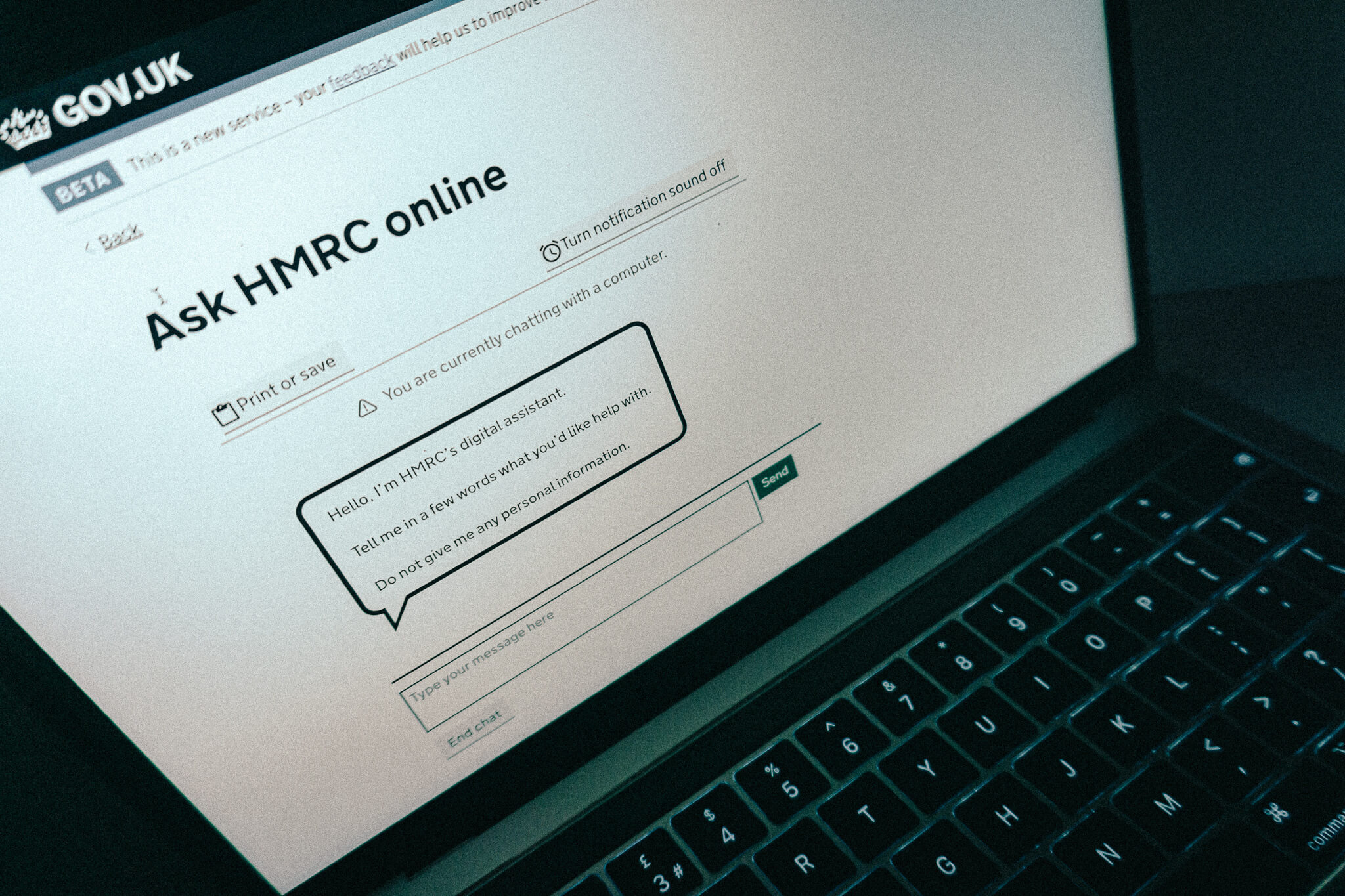The use of popular instant messaging platforms by officials and ministers should be entirely prohibited unless it can be further included in official transparency regimes, according to a parliamentary committee
The government should block the use of WhatsApp and other instant-messaging platforms on official devices unless it can provide acceptable levels of transparency, MPs have said.
A new report by the Public Administration and Constitutional Affairs Committee says lobbying of ministers and permanent secretaries by WhatsApp and other non-corporate communication channels (NCCCs) should be subject to the same transparency as face-to-face meetings.
It warns: “If an appropriate transparency regime cannot be found that can command public confidence, which we consider the current arrangements do not, the use of any NCCCs should be blocked on official devices.”
The report, Lobbying and Influence: post-legislative scrutiny of the Lobbying Act 2014 and related matters, is part of an inquiry the committee launched in response to the Greensill scandal, which identified weaknesses in lobbying rules.
The government’s current policy on NCCCs, as set out in recent Cabinet Office guidance, says an exchange of messages between a minister or permanent secretary and a third party only constitutes evidence of lobbying if it leads to a subsequent meeting or includes a decision. The PACAC report points out that, in contrast, the Office of the Registrar of Consultant Lobbyists’ transparency guidance asks consultant lobbyists to publish all communications with ministers or permanent secretaries.
The committee argues that exchanges on WhatsApp and other NCCCs that are “in place of a face-to-face meeting or prompt significant consideration in government” should be included in government transparency releases. “The application of such principles would likely have required the disclosure of Greensill Capital’s interaction with ministers and officials”, the report says.
Related content
- Government decisions made over WhatsApp now required to go on official record
- Court hears of ministers making key decisions over WhatsApp then deleting messages
- Cheap train tickets and public-health advice to be broadcast on new government WhatsApp channel
Acting PACAC chair David Jones said: “Increasingly, lobbying activity is undertaken on instant messaging channels such as WhatsApp and this is an area which we think needs greater transparency, to bring it in line with reporting of face-to-face meetings held with ministers, in order to increase public confidence in the democratic process.”
The report points to similar recommendations made by the Committee on Standards in Public Life and Sir Nigel Boardman in reports published in 2021.
The CSPL said transparency releases should include exchanges by NCCCs where “the representations are serious, premeditated and credible, or are given substantive consideration by ministers, special advisers or senior civil servants”. Boardman, in a review into the Greensill scandal commissioned by the government, said any non-public dialogue, including via instant messaging services, which would have constituted a meeting had it taken place in person, should be included in transparency releases.
The committee acknowledges in the report that it has “heard no calls” for a government-wide ban of non-corporate messaging services and refers to comments from the Institute for Government (IfG) in 2022 warning that a ban would be unpractical and unwise.
But it says evidence submitted to the inquiry “revealed clear concern that the lack of disclosure could allow significant lobbying efforts to take place outside the transparency requirements”.
Prepared to defend
Some departments have already banned the use of some NCCCs. Freedom of information requests conducted by the IfG in 2022 found that HM Revenue and Customs and the Department for Work and Pensions had banned the use of WhatsApp when conducting business, while the Department for Culture, Media and Sport and the Department for Levelling Up, Housing and Communities allowed WhatsApp but blocked Signal, Viber and Telegram.
Wider government action has also been taken to limit the use of NCCCs. Last year, the Cabinet Office banned the use of WhatsApp and other NCCCs at all but the lowest security-classification levels and warned civil servants they should be “prepared to defend” their choices if they choose to use non-corporate channels.
The government has also committed to include directors general, financial and commercial directors and senior responsible owners for all projects within the Government’s Major Projects Portfolio in transparency releases.
The Covid Inquiry exposed both the widespread use of messaging apps such as WhatsApp and potentially major gaps in record keeping when using such apps, including failures by former and current prime ministers Boris Johnson and Rishi Sunak to produce some of the WhatsApp messages they were asked to hand over.
A government spokesperson said: “As you would expect, modern government uses a variety of communication channels, but we have clear guidance in place on the use of electronic communications, including WhatsApp. We updated this guidance in March 2023 for WhatsApp, to reiterate that all relevant information must be recorded through official channels. Both the High Court and the Court of Appeal have been clear on the lawfulness of this approach. We also committed in our revised Transparency Guidance, published in December, to stricter standards to ensure transparency returns and publications contain relevant and instructive information.”





